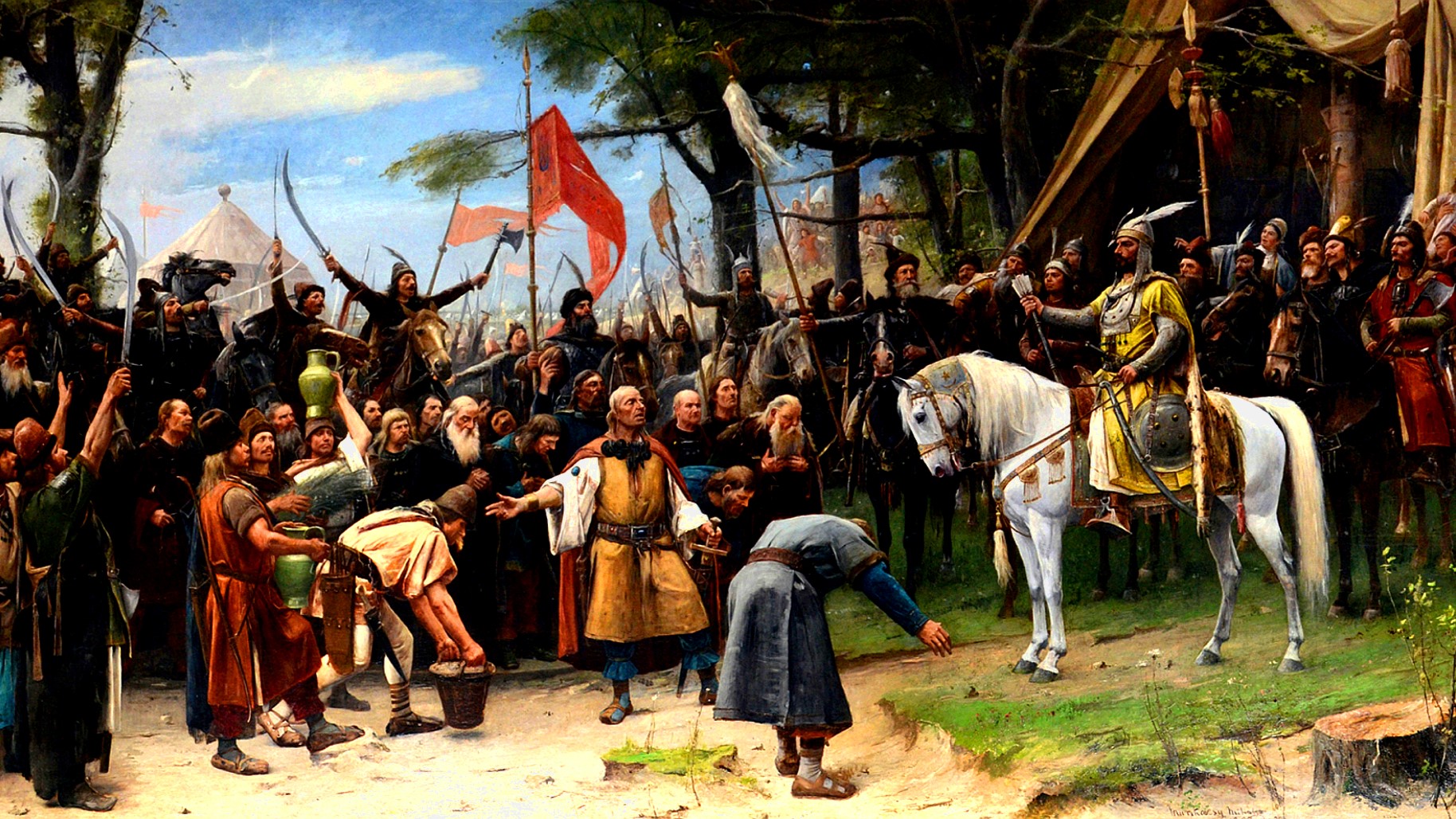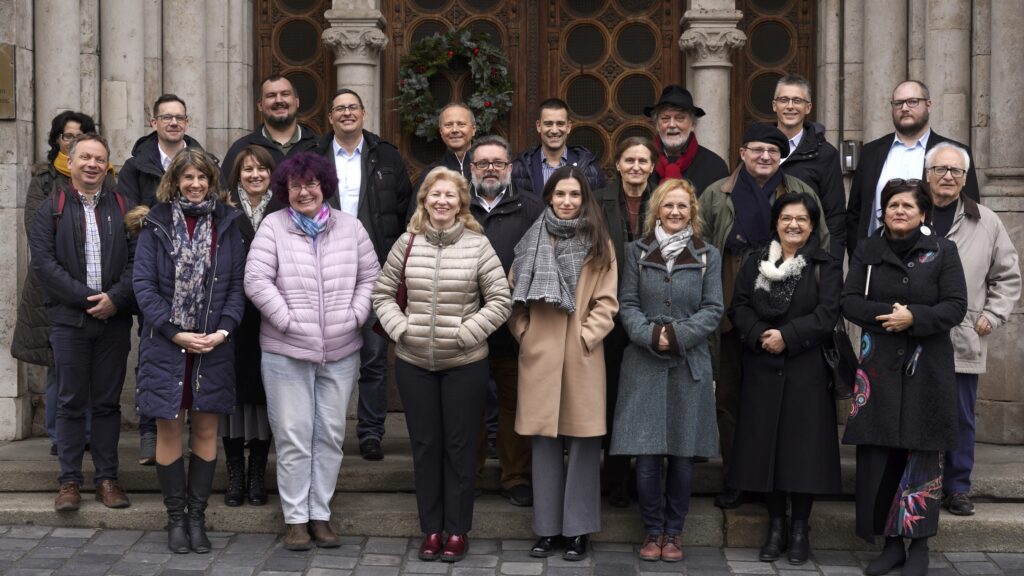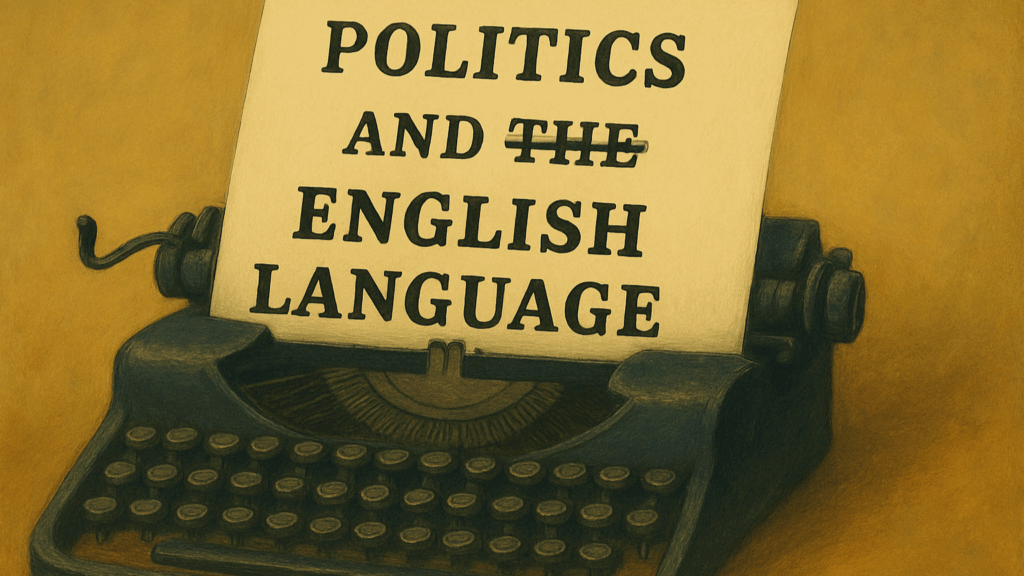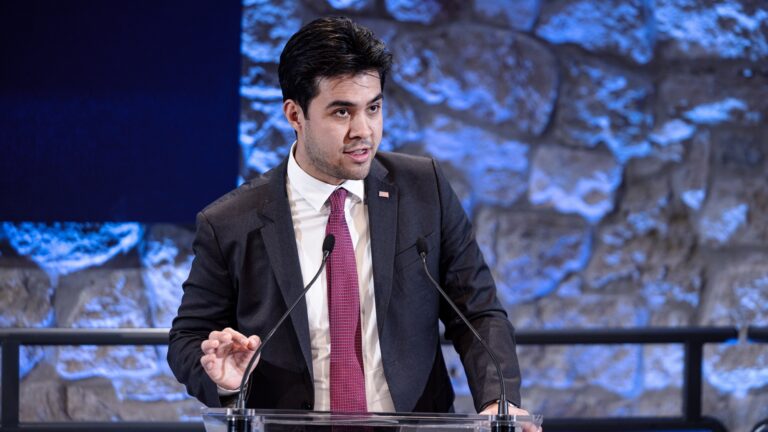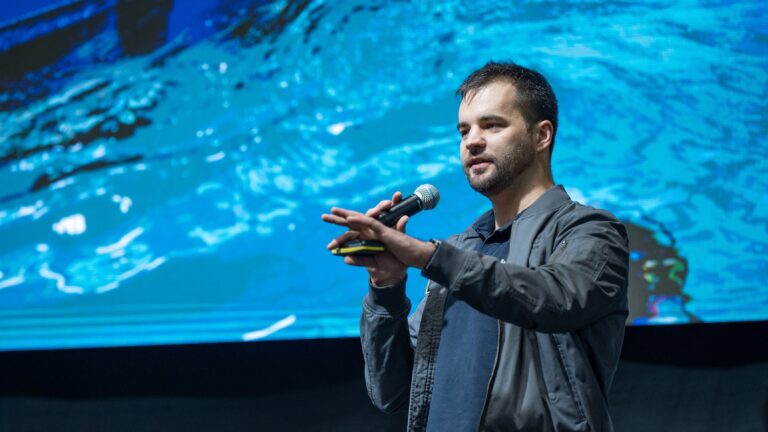‘Hungarus Consciousness’ and the Emergence of Modern Nationalism
When he refers to the ‘Hungarian Empire’, Joó uses a popular historiographical term of the era.[1] This refers to an ethnically extremely diverse, mixed-population state in the Middle Ages, which itself was organized on the model of the Steppe nomadic empires. In Joó’s interpretation, the Hungarian nation was a product of the slow unification of the nobility, which exercised the actual political rights in this empire and did not itself represent a unified ethnicity—neither before the Conquest of the Carpathian Basin nor afterwards, when Avar, Slavic and Germanic elements were later introduced. According to Joó, the language of the Hungarian population of the Conquest, the early Hungarian language, also developed in such a way that the warrior stratum of Hun–Turkic origin, which, according to Joó, conquered and organized the ‘peaceful’ Uralic (‘Finno–Ugric’) speaking groups of people into tribes, lost its Old Turkic language and merged into the subjugated strata.
This Hungarian (noble) nation, the ‘nation of the bowstring horsemen’, which by the Middle Ages had been forged from tribes of different races and origins and was the head of the ethnically mixed Hungarian empire, was deeply shaken by the extinction of the Árpád dynasty, which had descended from the founding Hero (or, in fact, Atilla) in the early 1300s. The so-called ‘mixed house kings’ were no longer able to adapt to the spirit of the steppe, but until King Matthias they somehow managed to maintain a kind of synthesis of the ‘old and the new’, ethnic nationalism and the nomadic imperial idea of the steppe, which had been growing since the 14th century in the Hungarian Empire in the Carpathian Basin. Although Matthias himself was compelled to adapt to the Renaissance era, he was the last Hungarian ruler who still represented the original idea of the Hungarian Empire of steppe origin,[2] even extending the empire westwards, while the novel theory of Hungary as the ‘shield of Christianity’ was born when another empire, also of steppe origin even related to the Hungarian, invaded Europe: namely, the Ottoman Empire.
After the death of Matthias, the Hungarian empire was completely erased, and since, according to Joó, its former land was ‘colonized’ by the Habsburgs, the most important task of the Hungarian nation was no longer to maintain a diverse and tolerant empire in the spirit of its ancestors, but to fight for its independence. Meanwhile, the great discoveries were taking place, and the western nationalities of Europe were beginning to colonize most of the Earth: a new ‘world culture’ was emerging, which was already characterized by a spirit of ‘homogenization’. The 16th and 17th centuries were also the period of the rise of modern ethnic nationalism: the homogenization of the world went hand in hand with the rise of nations.
According to Joó, against the ‘imperialism’ of the Ottoman Empire and the homogenizing ambitions of the Holy Roman Empire, Matthias shaped his foreign policy in a twofold direction, turning against the West in the interest of unity, just when the ‘Christian universalism’ of the medieval Res Publica Christiana seemed to be evaporating as a result of colonialism and the ethnic principle that was taking over the nations’ psyche.
‘The romantic idea that language is the distinguishing criterion for belonging to a nation is a misconception linked to the homogenizing tendencies of the modern era’
However, after the Battle of Mohács, the Hungarian nation lost its former cohesive strength. As Joó saw it, the linguistic nationalism that later emerged in the wake of Habsburg Emperor Joseph II’s language decree and the Hungarian reform era were a kind of surrogate, a reconstruction of the concept of nation that has little to do with the original ‘Hungarus consciousness’—in fact, in many respects is the very opposite of it. In the case of ‘being Hungarian’, the demise of the original concept of the nation, ie the imperial and not ethno-national concept of the nation, is, according to Joó, due to the rise of a ‘blind faith’. The romantic idea that language is the distinguishing criterion for belonging to a nation is a misconception linked to the homogenizing tendencies of the modern era:
‘A common language undoubtedly has a great power to shape and bind communities together. It would be folly to deny it. But it is based on the simple practical fact that individuals need to understand each other to form and maintain a community. However, a nation is made by what is formed in the process of understanding: a common spirit. And it is not only language that transmits it. Is not nationality expressed by the international speech of the arts? Language is undoubtedly also an expression of the national essence. But it is the relationship, not the reverse. A language becomes a national language only when the nationality has already been established and has chosen that very language as its means of expression. Just as in the case of the Hungarians, it is the Finno–Ugric language that has this distinction, not the Turkish that it also once used. The relationship between nationality and language does not occur in the course of development; language is a mere means of contact, without any national value. It can therefore only be stated with great superficiality that language is an essential constituent element of nationality. Thousands of examples prove that nationality is not tied to the language that later becomes national, but can also be expressed in a foreign language. More correctly, that originally “foreign” language is then an instrument of nationality of the same rank and value as the later “national” language of today.’[3]
Linguistic–ethnic nationalism is the quintessential negative (in Joó’s parlance, ‘imperialist’) nationalism, a nationalism insensitive to qualitative differences or to more elevated spiritual concepts of the state, such as the unifying ‘Hungarus consciousness’ of the nomadic empire’s supranationalism, which originates from the dynasty’s divinely-derived spiritual unifying power.
According to Joó, the Hungarian tragedy that led to Trianon can be traced back to this narrow-minded, modern and rationalist, materialistic ethnic nationalism. Hungarian intellectuals adopted this approach in the Enlightenment and the Reform era, and later used it to ‘modernize’ the country; it was precisely this approach that ultimately led to the leaders of the nationalities aligning themselves against the Hungarian nation and the Hungarian nobility in the long run. The disintegration of historic Hungary at Trianon, the mutilation of a thousand-year kingdom, was not (only) due to simple hatred of Hungarians or the anti-Habsburg and anti-monarchist attitude of Masonic politicians like Eduard Benes, but also because the Hungarian nobility forgot their steppe heritage.
According to Joó, the solution to the problems of the present could be a kind of ‘de-politicization’ of the concept of nation: that is, the restoration of an ancient or ‘real’ nationalism that characterized the Hungarian nation until the dawn of the modern era. Joó emphasized in several of his works that he was not an enemy of nationalism, but rather a friend of it, while highlighting that true nationalism cannot be chauvinism or xenophobia directed against other nations, because the love of one’s own nation, the emphasis on one’s national existence, does not necessarily entail hatred and exclusion of others. Indeed, the Hungarians were originally an alliance of tribes. The distortion of modern nationalism was caused above all by the advent of the biological concept of race, conceived along the lines of Darwinian evolutionism: this was manifested, first and foremost, in the paradigms of national socialist race theory, which for Tibor Joó were disturbingly present. Above all, against this ‘new nationalism’ he emphasized the reality and necessity of a spiritual, archaic nationalism.[4]
[1] See e.g. Mihály Ferdinandy, A nemzetiségi kérdés és a magyar birodalom.
[2] ‘Attila a mondában’, In Gyula Németh (ed), Attila és hunjai, Magyar Szemle Társulat, Budapest, 1940, 143–217, 209.
[3] Tibor Joó, Magyar nacionalizmus, Athenaeum, 1941, 271–272.
[4] See, for example, Tibor Joó’s detailed critique of one of the theorists of Hungarian National Socialist race theories in his last article published in his lifetime. Tibor Joó, ‘Philosophia Actualis’, In Történelemfilozófia és metafizika, 288–304.
All translations of quotes from Hungarian in this article are by the author.
Read more from the same author:

